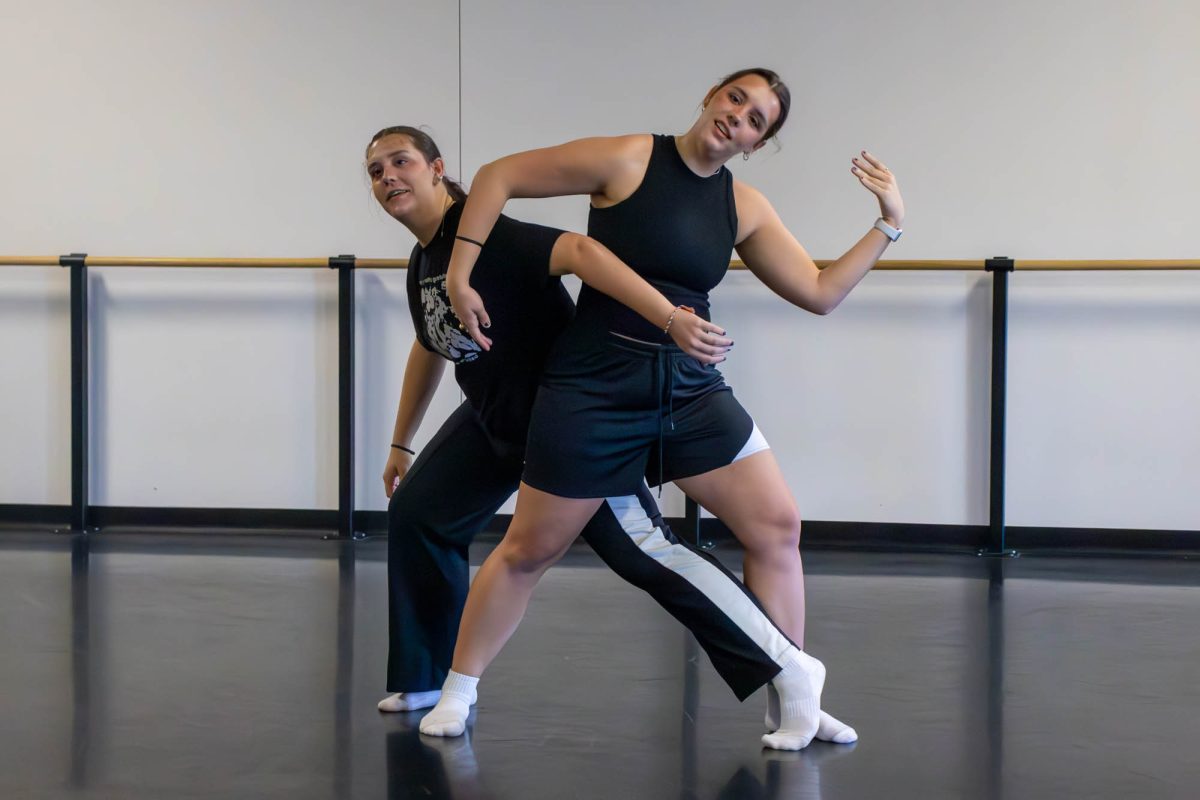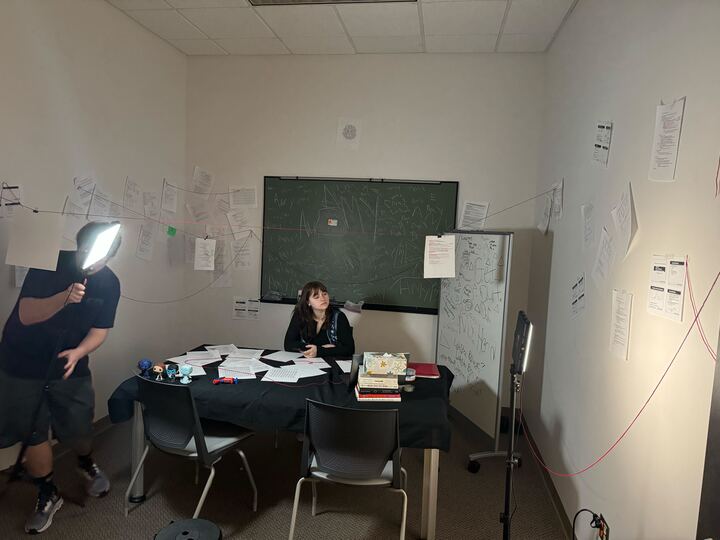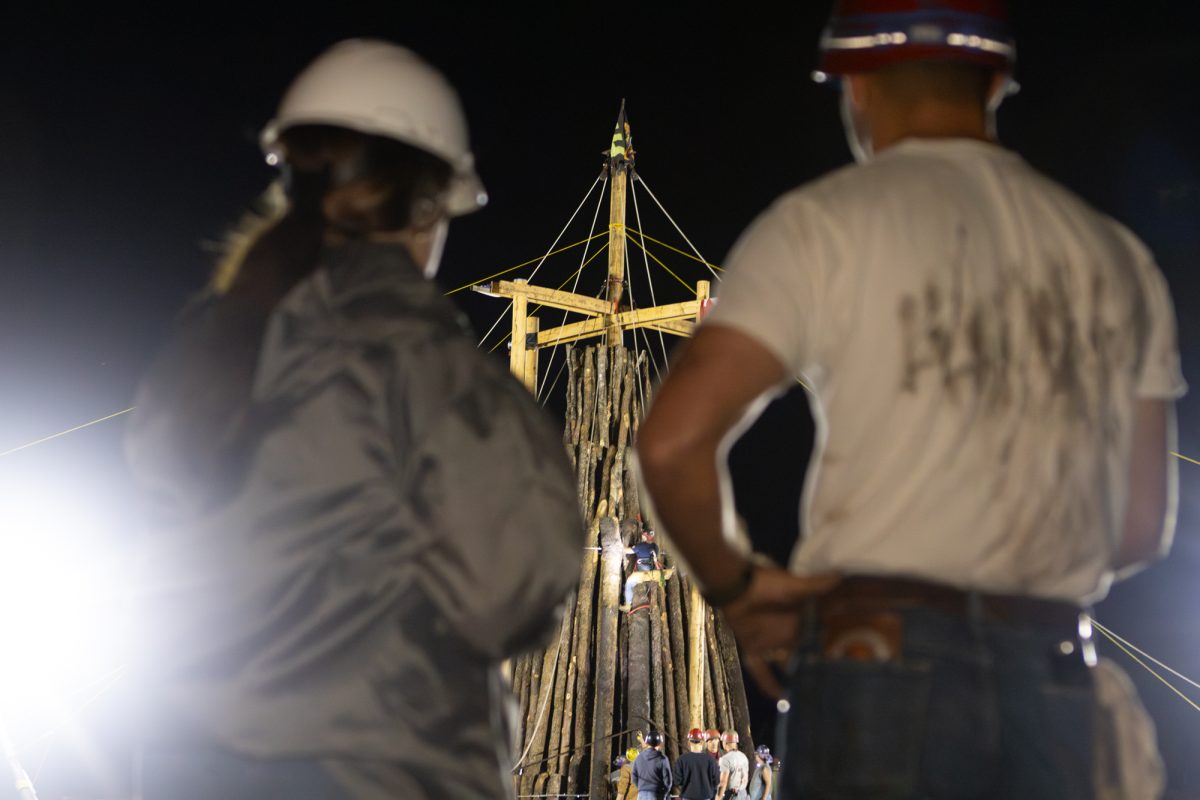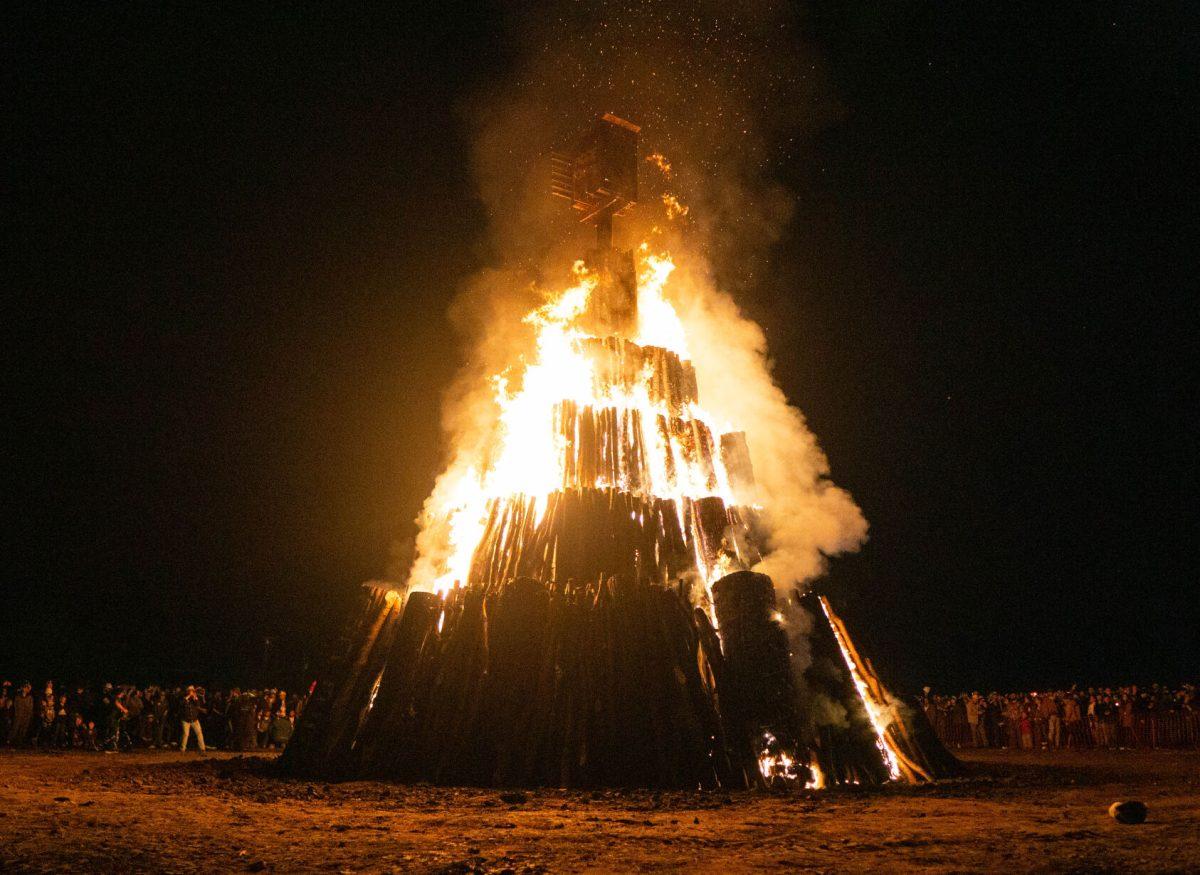Content warning: This piece contains references to sexual assault.
In commemoration of Sexual Assault Awareness Month, multitudes of Texas A&M students have utilized the internet to tell their stories of survival.
Throughout April, Aggies explained why they felt silenced when it came to reporting their rapes in real life using #WhyIDidntReport. In the past year, the university has made preventative changes in an attempt to ensure Aggies’ safety from crimes of this nature, yet students speak on a very different experience than that of protection.
The hashtag #WhyIDidntReport originated in 2018, when President Donald Trump questioned the credibility of Christine Blasey Ford in a tweet. However, according to survivors on Twitter and the National Crime Victimization Survey, 77 percent of survivors don’t tell the police, so the reality of reporting is not that simple.
Assistant Vice President of Compliance & Title IX Officer Jennifer Smith said the main reason survivors do not report to officials is because rape is personal and can evoke a sense of shame they may not want to share with others.
“Students tend to wait until the end of the semester to report because of academic reasons, so they may focus on school,” Smith said. “Some survivors are afraid of retaliation, even in the form of social repercussions from friends. Finally, the lack of reports stems from the fact that making a statement and the following investigation is simply emotionally difficult.”
Kinesiology senior Anna Sanchez, a survivor, tweeted her own #WhyIDidntReport post, coinciding with a detailed account of her assault. Sanchez called the post a conscious choice of reclaiming her narrative.
“I wanted to take back my voice,” Sanchez said. “I know it’s hard when you feel so alone to be brave, so I just hoped to help others who have been through similar experiences. I’ve gotten many uplifting messages, which are validations I didn’t know I needed.”
Sanchez said she found support through her public platform and understands why others choose not to report.
“I personally have not reported through A&M as I lost faith in our criminal justice system,” Sanchez said. “Not only did I fear not being believed, but also the investigation can be a constant reminder of what happened as you have to keep repeating your story.”
Sanchez is not alone in her claims. Anonymous junior Jane Doe said she was raped by another student at A&M who she once considered a friend. Despite Doe’s five verbal rejections of sex, he plied her with drinks until incapacitated.
“I was so scared after it happened that he would hurt or kill me that I didn’t report it for a few months,” Doe said.
Doe later chose to report the crime to the university, but said she expressed frustration with A&M’s response. Though her perpetrator was a repeat offender, officials did not take prior cases into consideration, Doe said.
“They found 18 things they could charge him for, and then turned around and found him not guilty of a single one a month and a half later,” Doe said. “I was devastated.”
Doe said there is a better way for the university to handle this type of crime at the top level because most survivors don’t report out of fear nothing will happen.
“If we genuinely care about growing leaders who embody the core values, then sexual assault should not be tolerated,” Doe said. “I have only met one person who successfully was able to get her rapist expelled out of the two dozen women I’ve met who have been raped here.”
In the past year, all university departments that offer sexual assault support were conglomerated and transferred to the Office of Civil Rights and Equity Investigations. Now, A&M recognizes sexual harassment should be delt with consistently across the board. This office has one set of rules which apply to all staff and students.
Above all, Smith said she hopes anyone who has experienced a crime of this nature will feel empowered to report it.
“Help is available,” Smith said. “Come forward because we cannot help the people we don’t know about. If you feel comfortable, please make a report so as to make A&M a better place.”
The Sexual Assault Resource Center’s office is temporarily closed, but appointments are still available through Zoom. Students have access to the 24-hour hotline by calling 979-731-1000 and can email SARC at [email protected].
‘I wanted to take back my voice’
April 16, 2020
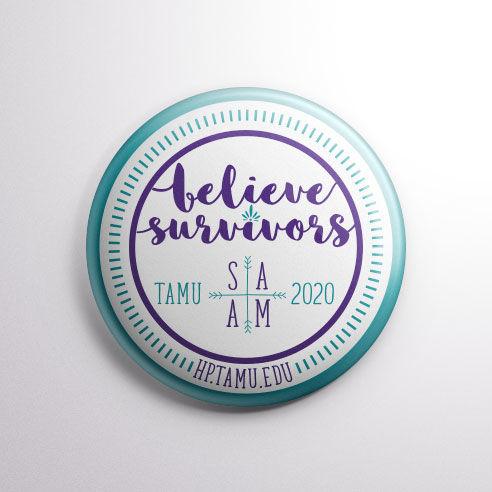
Photo by Courtesy
Sexual Assault Awareness Month is a national holiday recognized every April.
0
Donate to The Battalion
Your donation will support the student journalists of Texas A&M University - College Station. Your contribution will allow us to purchase equipment and cover our annual website hosting costs.
More to Discover



